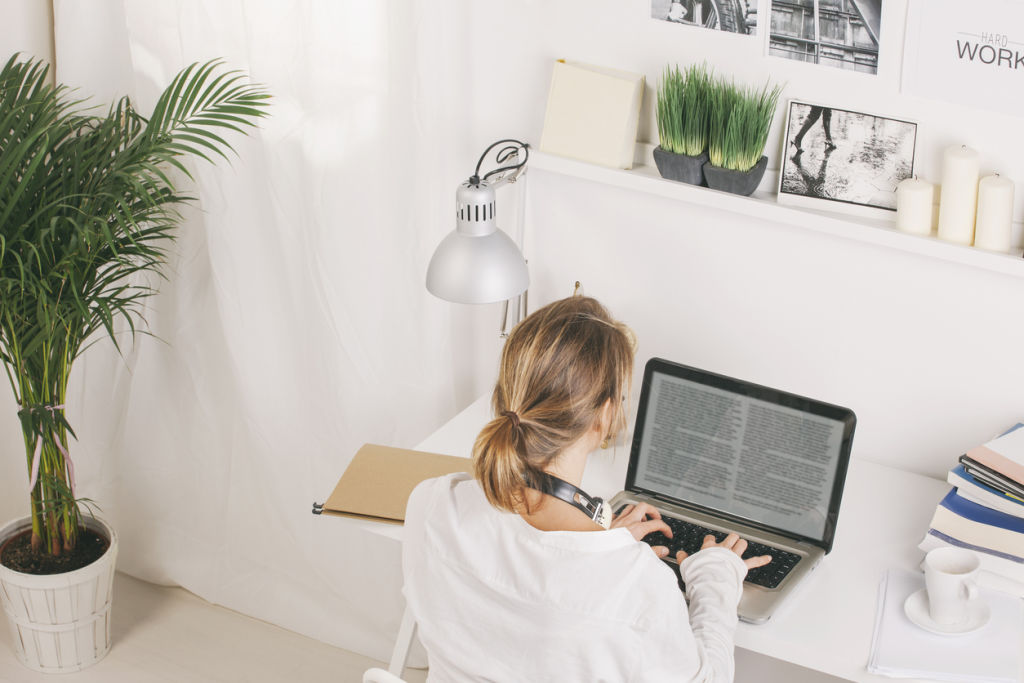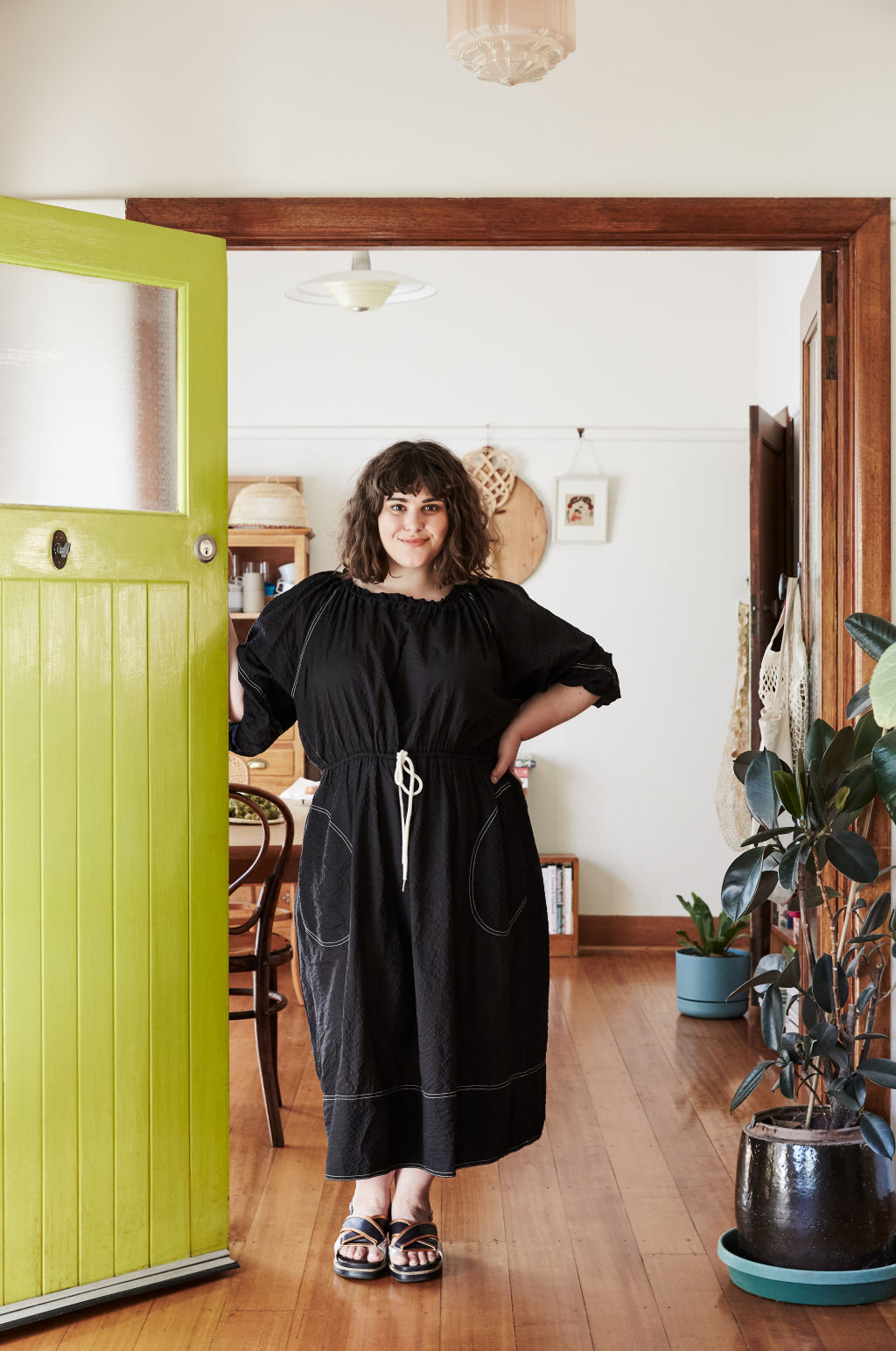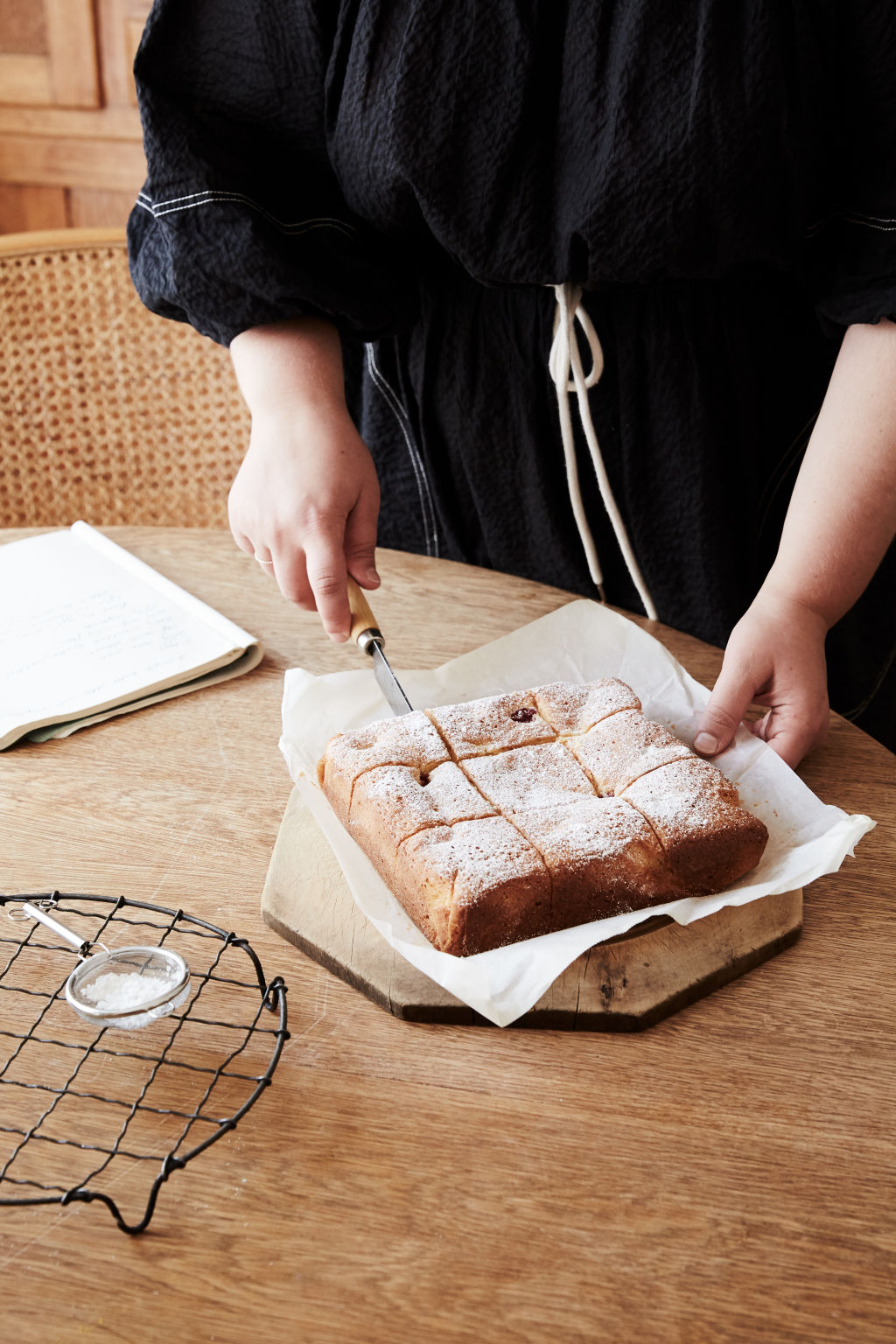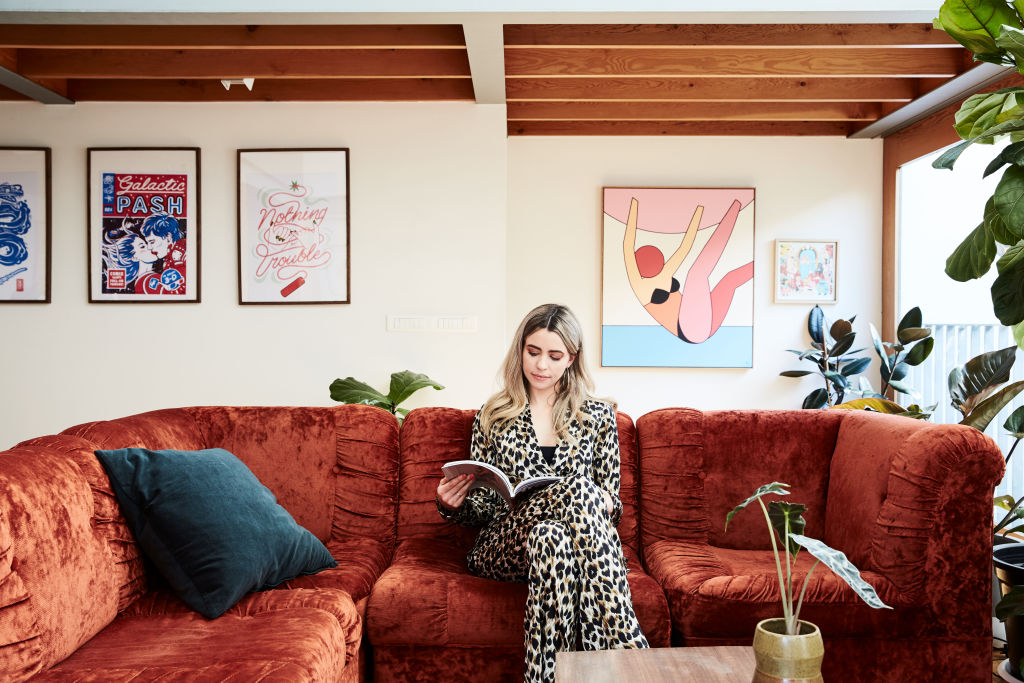At-home workers share their tips for managing a work day at home

Working from home can bring many distractions – when you’re on a deadline, suddenly household chores seem more appealing and an impulse to flick through Netflix can be acted on.
While such indulgences might not get in the way of having an effective work day, they can spiral and at times feel unmanageable. The associated downsides of working from home range from interrupted sleep, continued stress, and isolation, making it all the more important to practise self-care.
Listen to episode three of Domain’s new podcast Somewhere Else :
Cultivating self-care habits isn’t about following a prescription of taking a long bath or meditating every morning, but rather an exploration of what works best for you.

The self-care habits that help in your work day may appear counterintuitive to others but as cook and author Julia Busuttil Nishimura puts it, “It’s only a problem when it’s a problem for you. There is so much information now about what it means to have a good work-life balance and positive work habits, but it’s also about going with your gut and finding what works for you.”
From dealing with isolation to switching off, at-home workers share their tips for managing a work day at home:
Write a to-do list (and be OK with the things that get pushed to tomorrow)
For Busuttil Nishimura, writing a daily to-do list helps to set the tone of the day, but that doesn’t mean that it is always adhered to.

“I’ll usually make a list of what I want to get done and plan what I want to cook. This habit is key for me because I have a terrible memory and having a list really helps me focus.”
Getting the quick wins done for the day leaves time for following your whims, which is particularly important if your work requires an element of imagination.
“If I’m going to the market, that’s sometimes a full-day event. I sometimes feel guilty about that, but it’s where a lot of inspiration for my recipes come from, and also working by myself means that most of my interactions come from people I am sourcing food from,” Busuttil Nishimura says.
Create boundaries in your work day

Unlike the popular assumption, for illustrator Ellen Porteus working from home can help create clearer boundaries. “Moving into a home studio has allowed me to focus on myself and what’s important and putting in place these self-care practices.”
Having the home as a central focal point has made it easier to stick to self-care habits such as exercising, stopping for a home-made lunch, and switching off to spend time with her partner by implementing a stop-time, says Porteus.
“What has helped give me that stop time is setting aside time for dinner. It’s no longer just a half-an-hour break before getting back to work – it’s going to the shops to get ingredients, cooking, and sitting down at the dinner table and talking.”
If you’re stuck, take a break and get outside

When working from home or otherwise, it can be all too easy to fall into the trap of thinking that you have to work around the clock to be effective.
But our energy and attention has natural ebbs and flows, and it is important to take breaks to reset and gain perspective. If much of your work is screen-based, stepping outdoors takes us from a narrow view of our phone or computer to the expansiveness of the world around us.
Porteus often keeps the daytime reserved purely for work, but is flexible if she’s feeling stuck. “If I’m really in a rut, I’ll go and see a friend, or head to the NGV or something that still feels inspiring and creative, but gets me away from my desk.”
Embrace couch time

Working from home doesn’t always mean flexibility – often client deadlines, meetings, prospecting for work or juggling multiple projects can mean the days can disappear in a flurry.
This can mean that prioritising yourself or recharging can be the final agenda for the day.
For illustrator and writer Kim Lam, the common but often under-celebrated practice of sitting on the couch with her partner offers a bookend to the day.
“I’m like a planet that orbits every 24 hours back to this corner of the couch. It’s where I belong at a certain time of the day and in contrast to the preceding day’s demands, it can be handy to do more ‘giving in’ and less resisting I try not to question it – this need for rest.”
This simple act also helps keep the notion of self-care as something that’s achievable, not another item on an endless to-do list.
We recommend
We thought you might like
States
Capital Cities
Capital Cities - Rentals
Popular Areas
Allhomes
More








